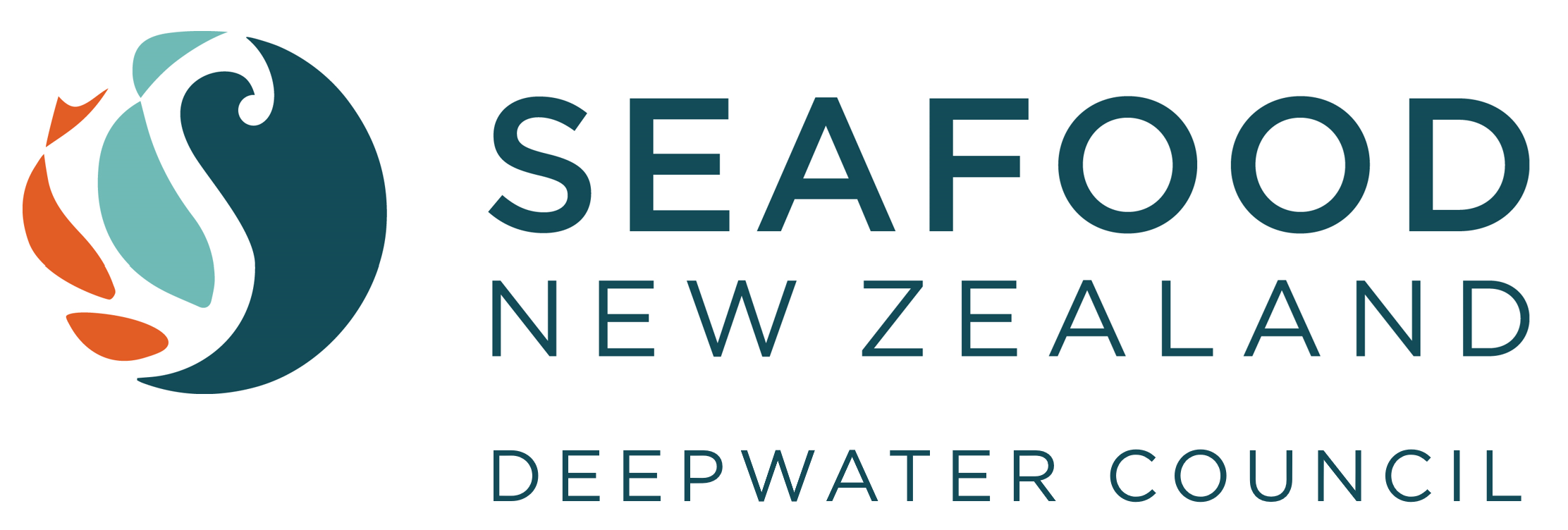Net gains
Eating wild-caught fish is better for the environment and biodiversity than consuming meat or even crops, argues RAY HILBORN.
1 May 2023
In 2010, a friend said to me: "I'm an environmentalist, should I stop eating fish?" I responded: "If you don't eat fish, what are you going to eat?" He replied that as he wasn't a vegetarian, he would eat more meat. This led me to start exploring the environmental cost of fishing, compared with other ways of producing food.
All types of food production require resources such as fuel, energy, land, water, fertiliser, antibiotics and equipment. This produces environmental impacts such as greenhouse gases, water shortage, soil erosion, nutrient and acid pollution, antibiotic-resistant bacteria and loss of native biodiversity. The impact of different food production systems differs greatly and has increasingly been the subject of scientific research.
In his 2013 book The Perfect Protein, Andy Sharpless, CEO of the ocean conservation organisation Oceana, wrote: "But what if there was a healthy, animal-sourced protein that [could be enjoyed] without draining the life from the soil, without drying up our rivers, without polluting the air and water, without causing our planet to warm even more, without plaguing communities with diabetes, heart disease and cancer." That perfect protein is, of course, wild-caught fish. Fish can be caught with almost no water, no herbicides or pesticides, no antibiotics, and no soil erosion. The two major environmental impacts of fishing are greenhouse gases primarily from fuel use, and impacts on biodiversity.
The greenhouse gas footprint of fisheries varies enormously and depends almost totally on fuel use. Globally, most fish are caught from motorised vessels. Fuel use can range from as little as 50 litres per tonne of product, to more than 4000 litres. The most fuel-efficient fisheries are those that go after dense schools of fish such as mackerel, herring, whiting and pollock, but the large salmon fisheries in Alaska and a host of other fisheries can use as little as 100 litres per tonne. These fuel-efficient fisheries have a much lower greenhouse gas footprint than livestock and can be as low as some crops.
We have all heard that the oceans are being emptied of fish, and many people think fishing has more biodiversity impact than livestock or crops. Nothing could be further from the truth. A key difference between fisheries and crops is that fisheries target specific species and leave the base of the marine food chain (phytoplankton and zooplankton) alone. Fisheries certainly affect the abundance of the target species, and some non-target species, but usually affect only a small portion of the species in the seas.
Fisheries target specific species and leave the base of the marine food chain alone.
Ray Hilborn
Several studies (published in the journals Conservation Letters, Marine Ecology Progress Series and Scientific Reports, including two by myself and co-authors) have shown that the total abundance of fish in the sea is either unchanged or actually higher because of fishing. This is because fisheries tend to target predatory fish. Because the small "forage fish" are naturally far more abundant than their predators, their increase more than compensates for the reduction of the predators.
AIl crops, and almost all non-grazing livestock production, depend on eliminating natural ecosystems and replacing them with fields of monoculture crops. Biodiversity is largely eliminated. Certainly, most crops have a lower greenhouse gas footprint than capture fisheries, but that is the only environmental metric where crops outperform fishing.
A recent study by myself and colleagues, published in the Proceedings of the National Academy of Sciences, found that the two major threats to ocean ecosystems were climate change and coastal impacts from sediment, pollution and habitat loss. Fisheries were the impact of least concern.
Many people believe that a vegan diet has the lowest environmental impact. While that is probably true for greenhouse gases, it is certainly not true for other effects, especially for loss of biodiversity. Growing soy requires transforming land from natural habitat to crops. A vegan diet also causes the direct mortality of sentient animals. Anyone who has harvested a field of grain knows that plenty of wildlife gets caught in the harvesting machines.
In summary, then, wild-capture fisheries, across almost all environmental impacts, are more environmentally friendly than livestock or crops.
